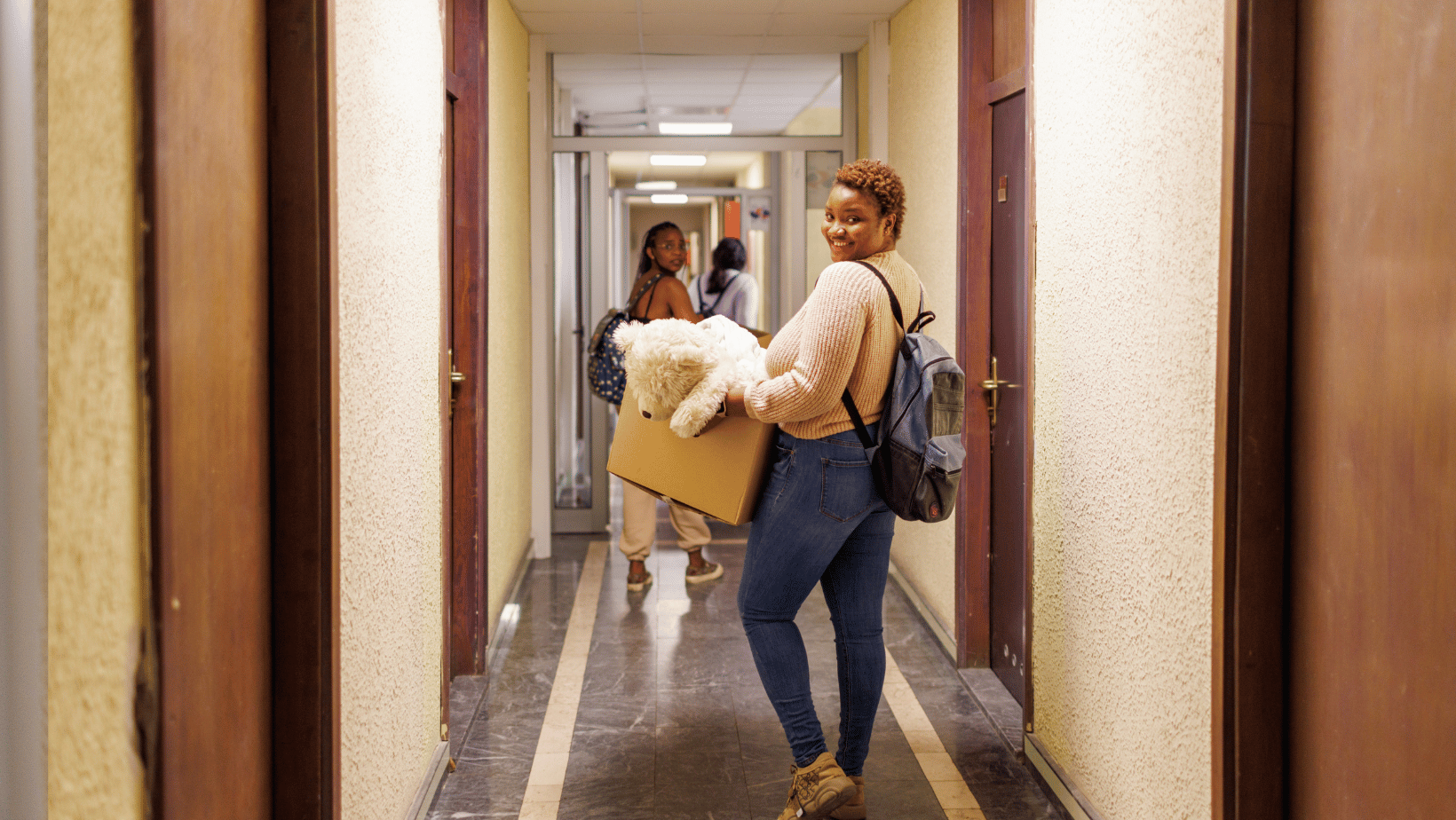As a Gen Xer who grew up as a latchkey kid, I often describe my childhood as feral. We were unsupervised and had to fend for ourselves, often eating whatever we could find, like candy and chips. If we weren’t picked up after school, we’d walk home or try to hitch a ride. We didn’t have cell phones, so making a collect call was unthinkable.
Gen X is known for our resilience and sarcastic outlook on life. We’re survivors. Yet, when we became parents, we turned into helicopter parents, determined to protect our children from the hardships we experienced. We were also bombarded with news about the dangers of the world, making us even more cautious. We were so blissfully unaware of any danger back in the day!
Raised in a protective bubble, we may have unintentionally harmed our children. Many college students have returned home within their first two years, struggling with the challenges of independence. These are kids who drove cars and worked jobs in high school – so what went wrong?
Interestingly, the students who adjusted more smoothly had one thing in common: they had spent time away from home as children.
How to Get Your Child Comfortable With Being Away From Home
When kids are young and have their best friends, it’s important to get to know the other families. Find trustworthy friends who mesh well and then “host” each other’s kids for a sleepover on the weekends. This is the first step in helping a child develop independence.
Since they are young and most likely staying with other helicopter parents, this is the easiest way to give them a trial run at being away from home. They will have food, security and yet have to sleep somewhere ‘new’ and go through this experience which can feel scary at first.
Summer Camps
By the time a child is ten, they are ready for overnight summer camp. Summer camps teach confidence, responsibility (hey, they don’t brush their teeth—that’s on them), and problem-solving skills. Kids will stay busy and guided by a camp counselor, but often hygiene and clothing choices become their responsibility. As parents, we aren’t there to nag about self-care or clean underwear.
Camp kids will eat family-style, have to learn to share, and bus their dishes. Kids typically compete in a fun way against other cabins, so they learn about teamwork and camaraderie. I’m still friends with kids I went to camp with at age 10!
Many parents take the safe route and choose to send their child off to summer camp for a week with a friend, so if anything, the kids can commiserate together if they get homesick. Having seen the summer camp process over and over, the majority of kids who fuss upfront at camp are the ones you have to drag out of there because they’ve had so much fun. *YMCA Summer Camps are a nationalwide program and they are often very cost-effective and even provide scholarships if needed.
Middle School Trips
Getting on a plane or bus with classmates as a tween or early teen is a whole new level of independence. If budget allows, I highly recommend school tweenager trips. Not only are the trips educational and guided by teachers and other parents, but they are yet another growing experience. Young teens are a different breed and will have to navigate self-care, money management, a sleep schedule, and yes, even teen drama. I remember when my daughter was on a middle-school trip on the other side of the U.S. and she and her roommate clogged a toilet in their hotel room. (Yikes!) At the tender early age of 13, they not only shut the water valve off behind the toilet (to prevent any flooding), but they discreetly called the front desk to ask for maintenance. They also watched the hallways, mortified that their fellow classmates would see the plumber headed their way. These are tests and teachable moments. The more of these the better!
College Prep Camps
If your teen is now comfortable at friend’s houses and at sleepaway camps, now it’s time to bring in the heavy hitter—a week-long intensive college-prep camp. These camps can be pricey, but there are a good amount of scholarships out there as well, so don’t let price be a deterent. There are tons of camps in the STEM realm that offer a week away of intensive learning. In addition to a rigorous course load, kids will get up early and go to bed late, all while studying and working with other exhausted teens. Usually, students collectively present a project at the end of the stay. Although most kids will say this is the hardest thing they have done yet (scholastically and physically—the sleep deprivation is REAL), I’ve never heard of a student who looked back at these educational camps as a bad experience. After a hard week, there is a strong sense of satisfaction and completion. Sometimes the students get college credit as well for college, which is an extra reward! This is the final feather in the cap for college preparation—when it comes time to cram for midterms or pull an all-nighter on repeat, your student has already had a taste of this! They can go into buckle-down time with confidence knowing that they’ve got this.
The Kicker
In all the situations above, we’re still helicoptering. We know the parents, we researched the camps and programs. Our kids are still in a bubble, but they will feel their first taste of freedom, and it’s so important they do.
Kids need to make mistakes and feel discomfort in order to learn—what better way than stepping your child through this experience than with slumber parties, camps, and school programs?
Despite the prep with getting your child comfortable being away from home, it’s also a good idea to have a support system in place for when your child does fly the nest to college. Here’s a helpful list to help your child get a good start in college.





